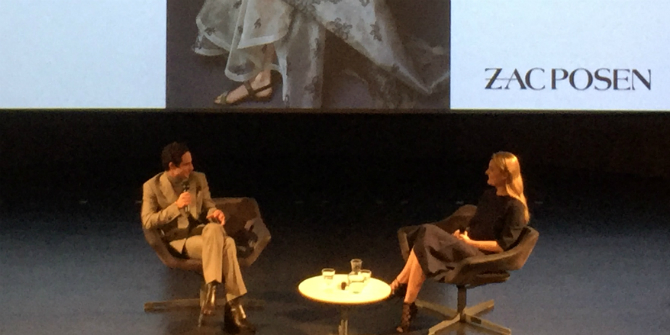What’s it like to sit an exam at LSE? Having sat my first one I thought I would share some reflections.
First of all, as I’m sure you can imagine, there isn’t anything so different about an exam at LSE that is different from other institutions. They are quiet, quick and trigger some adrenalin. Yet, whilst the late release of the exam timetable this year will surely elicit some complaints from students, I would say that the actual examination days themselves seem organised and I get the impression that the exam process (apart from the timetabling) is by now a well oiled machine. I would also say that the rules and regulations around exams are quite detailed. They are posted on the website and as you can see there are even stipulations regarding the labels on water bottles (they are not allowed, for some reason). Finally on this point, there really isn’t such a thing as a “LSE exam”. It is helpful to demythologise this and reiterate that, as you would expect, exams are pretty much the same everywhere: nasty, brutish, and short. Well, they can be, but I don’t think they have to be.
Also, as you might expect, exams are difficult. Think about it, someone asks you a very difficult question on an issue that hasn’t been resolved for decades, or hundreds if not thousands of years, and you have to give them an intelligent, authoritative answer in a short time (that isn’t just made up!). Not easy. But the thing to remember is that you will have been asked such questions before and many other students have been asked in the past, so you’re not expected to solve the world’s problems in fifty minutes.
This brings me to another point: it is certainly much easier to be in a position to answer difficult questions if you’ve somehow had practice in asking and answering them through the year. There are, I guess, many ways to get that practice in (think “study groups”, “seminar questions”, “practice essays”, “office hours” etc.), but what often happens is that this doesn’t happen consistently at all – there is just too much going on and things take over. So I would say that if you can do some practice by answering tricky questions, it would stand you in good stead.
Exams are important at LSE because most of the course, at least in my department and at masters level, is assessed by them. And there seems to be a paradox there because how can exams help you reflect all the learning that has gone on in the previous six months? It’s a good question because the output doesn’t seem at all to match the input. Here I think it is not exactly a case of trying to condense one or two terms’ worth of knowledge and learning into an answer but instead trying to bring to bear the “fruits” of your learning in that answer. Whilst it is too early for me to tell whether I myself have done this, it is certainly something I am hoping to do as I move towards the end of the term and remaining exams for this year’s courses. And hope springs eternal…





